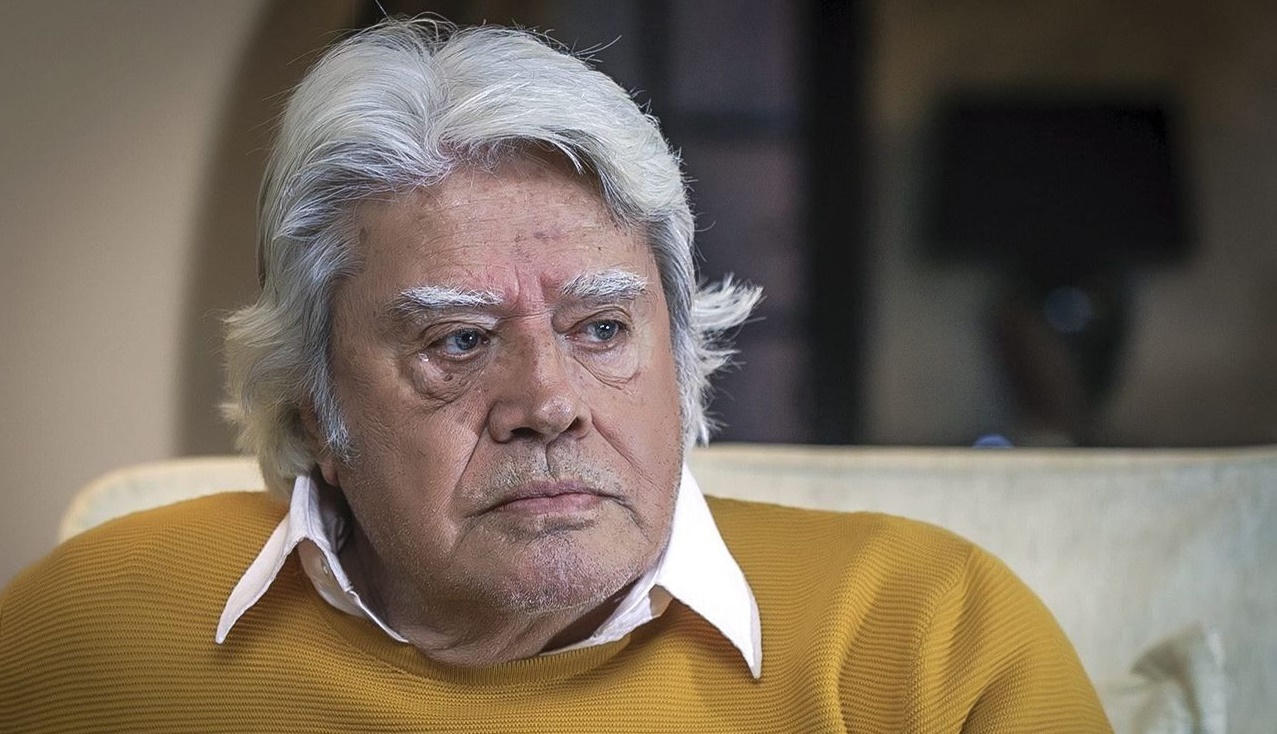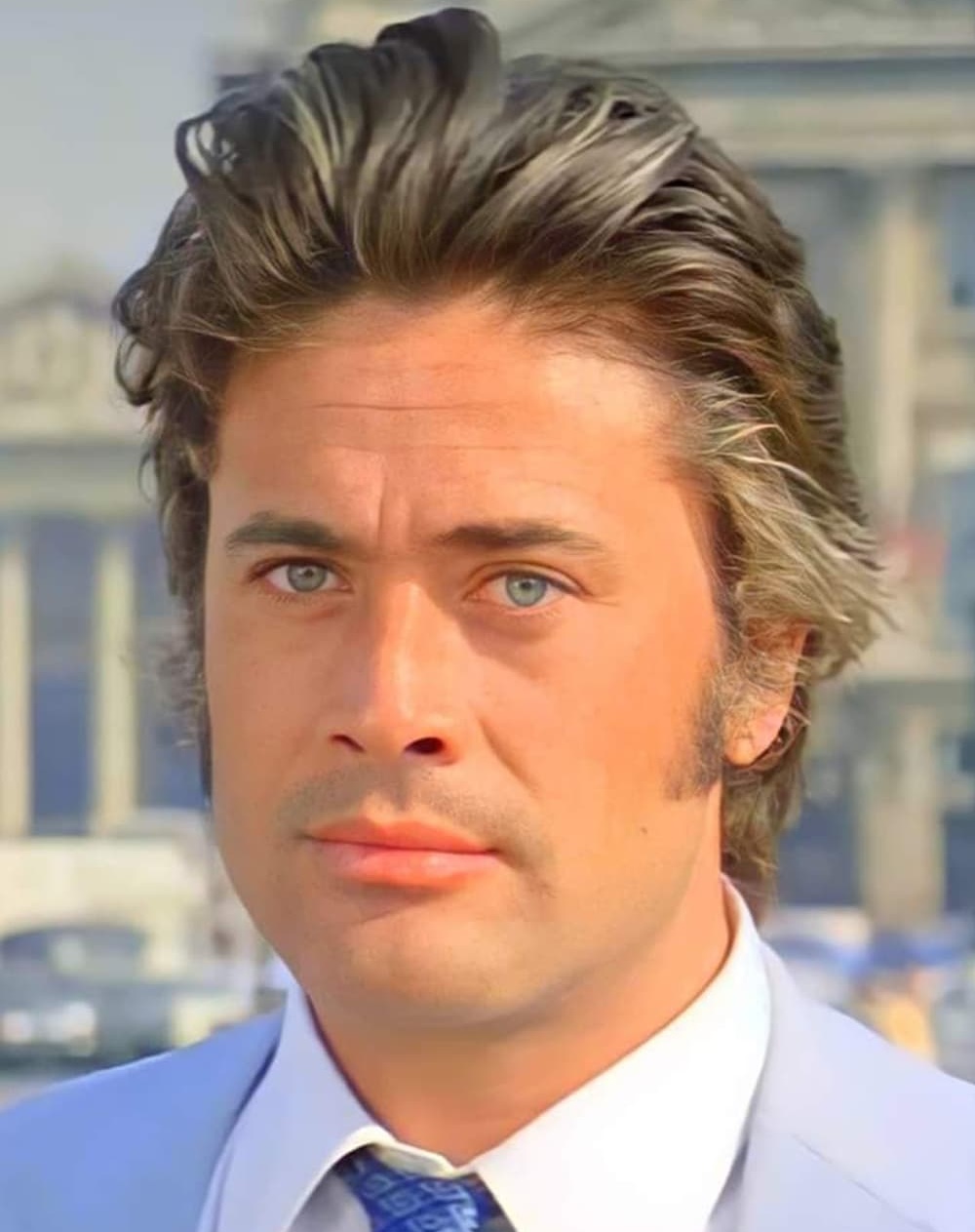
Cüneyt Arkın, the master actor of Yeşilçam, who made many unforgettable films, passed away.
Famous actor Cüneyt Arkın, who left his mark on Turkish cinema with his unforgettable films, was taken to the hospital after getting sick at home. It was stated that Arkın passed away.
In the statement made by Liv Hospital regarding the death of Cüneyt Arkın, it was stated that the artist came to the hospital due to cardiac arrest.
“The valuable actor of Turkish cinema, Mr. Cüneyt Arkın, died in Liv Hospital, where he came by ambulance due to cardiac arrest, despite all efforts to revive him. As the Liv Hospital family, we are saddened by the loss of the giant actor of Turkish cinema. We offer our condolences to Cüneyt Arkın’s family and all his fans.”
He will be buried in Istanbul.
A commemoration ceremony will be held for Cüneyt Arkın on 30 June at Atatürk Cultural Center.
Arkın’s funeral will be buried in Zincirlikuyu Cemetery after the commemoration ceremony and the prayer to be held at Teşvikiye Mosque following the noon prayer.
President Recep Tayyip Erdoğan issued a message of condolence to the cinema artist Cüneyt Arkın, who died at the age of 85 in the hospital he was taken to in Istanbul.
In his post on his social media account, President Erdoğan said, “I learned with great sadness the death of the great artist Cüneyt Arkın, who is a master actor of Turkish cinema and an example to all of us with his art, stance and character. I wish God’s mercy on Mr. Arkın. Condolences to our community and nation.” used the phrases.
Who is Cüneyt Arkın

The artist, whose real name is Fahrettin Cüreklibatır, was born on September 8, 1937 in the village of Karaçay, Eskişehir, as the child of Hacı Yakup and Halise Cüreklibatır.
The artist graduated from Eskişehir Necatibey Primary School, Eskişehir Secondary School and Eskişehir Atatürk High School, respectively. After coming to Istanbul, the artist graduated from Istanbul Medical Faculty in 1962. During his years at the university, his poetry and story essays were published in various magazines.
Arkın, who did his military service as a reserve officer in Eskişehir, worked as a doctor in Adana and its surroundings for a while after his military service.
Cüneyt Arkın caught the attention of director Halit Refiğ during the shooting of the 1963 movie “Dawn Watchers” starring Göksel Arsoy.
Cüneyt Arkın made his film debut in 1964 with “Gurbet Kuşları”
The artist, who won the competition of the Artist magazine in the same year, started acting in the movie “Gurbet Kuşları” in 1964 upon Halit Refiğ’s proposal. The fight scene in the finale of the 1964 film “Gözleri Ömre Bedel” directed by Ülkü Erakalın was a turning point in the artist’s career.
Arkın acted in about 30 films in his first two years in the world of cinema. The artist, who played emotional-romantic young characters for a while, turned to action movies with Refiğ’s suggestion.
In addition to his horse riding and karate training in Istanbul, Arkın also took acrobatics training at the Medrano Circus for a while, transferring what he learned to the big screen in the “Malkoçoğlu” and “Battalgazi” series, he developed a style that has never been seen before in Turkish cinema.
The master artist made his first marriage in 1964 with his doctor and classmate Güler Mocan. The couple’s daughter, Filiz, was born in 1966. The couple separated in 1968.
In the same year, he started using the stage name of Cüneyt Arkın instead of Fahrettin Cüreklibatır.
Cüneyt Arkın got engaged to Betül Işıl in 1969. The two married in 1970 but divorced in 1971. The couple, who remarried soon after, had two children named Kaan and Murat.
Declined the “Best Actor” award
The artist was selected as the “Best Actor” at the 6th Antalya Golden Orange Film Festival for his 1969 film “As People Live”.
The “4th Golden Boll Film Festival” jury chose Yılmaz Güney “Best Actor” for his role in the movie “Baba” in 1972. However, as a result of political pressure, the jury determined Arkın, who came second with his performance in the movie “Wounded Wolf”, as the “Best Actor”. Arkın, who reacted to the decision of the jury, refused the award.
In 1976, Arkın received the “Best Actor” award at the 13th Antalya Golden Orange Film Festival for his movie “The Undefeated”, and the “Lifetime Honor Award” at the 36th Antalya Golden Orange Festival and the 18th Sadri Alışık Theater and Cinema Actor Awards. “, and in 2013, he was awarded the “Grand Prize of Culture and Art” by the Ministry of Culture and Tourism.
The artist, who became one of the sought-after leading actors of Yeşilçam in a short time, continued his cinema life, which he started with romantic films, with animated films. Throughout his career, he has directed many different types of films, from westerns to comedy, from adventure to social films. Especially the films “Maden” made in 1978 and “Vatandaş Rıza” made in 1979 had great importance in the career of the artist.
In addition to acting, the artist prepared and presented television programs, and wrote articles about health in magazines and newspapers for a short time.
Known for his Turkish nationalist identity, the artist was interested in politics for a while. In the general elections of 20 October 1991, he became the 4th ordinary deputy candidate from the Motherland Party in Eskişehir, but was not elected. He participated in events organized on behalf of the Labor Party for a while.
Cüneyt Arkın also directed and wrote the screenplay
Arkın, who has acted in more than 300 films throughout his career, also worked as a director and screenwriter. Lastly, he starred in the movie “Ghoul”, which was shot in 2014. Some of the films in which the artist has acted are as follows:
“Aşk ve Kin”, “Gözleri Ömre Bedel”, “Hepimiz Kardeşiz”, “Sokakların Kanunu”, Şoför Nebahat ve Kızı”, “Gurbet Kuşları”, “Kırık Hayatlar”, “Dudaktan Kalbe”, “Serseri Aşık”, “İnatçı Gelin”, “Horasan’ın Üç Atlısı”, “Fakir Bir Kız Sevdim”, “İntikam Uğruna”,”Malkoçoğlu”, “Göklerdeki Sevgili”, “Cibali Karakolu”,”Yüzbaşı Kemal”, “Hacı Murat”, “Namus Borcu”, “Artık Sevmeyeceğim”, “Malkoçoğlu Kara Korsan”, “Gök Bayrak”, “Köroğlu”, “Yüzbaşının Kızı”, Vatan ve Namık Kemal”, “Osmanlı Kartalı”, “Melikşah”, “Aşk Mabudesi”, “Arım, Balım, Peteğim”, “Selahattin Eyyubi”, “Ferhat ile Şirin”, “Yarım Kalan Saadet”, “Yusuf ile Züleyha-Hazreti Yusuf”, “Yumurcak Köprüaltı Çocuğu”, “Vahşi Çiçek”, “Her şey Oğlum için”, “Battal Gazi”, “Malkoçoğlu Ölüm Fedaileri”, “Severek Ayrılalım”, “Nazlı ile Murat”, “Çöl Kartalı”, “Yaralı Kurt”, “Kara Murat: Fatih’in Fedaisi”, “Yumurcak Küçük Kovboy”, “Çaresizler”, “Acı Hayat”, “Kara Murat Fatih’in Fermanı”, “Oğul”, “Dayı”, “Kin”, “Babalık”, “Polizia Brancola Nel Buio, La”, “Cemil”, “Deli Yusuf”, “Babacan”, “Tek Başına”, “Che Carambole Ragazzi”, “Maden”

